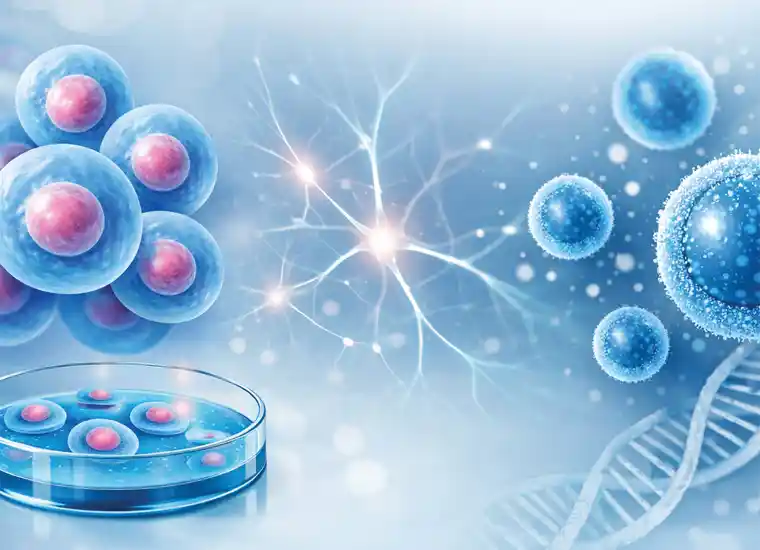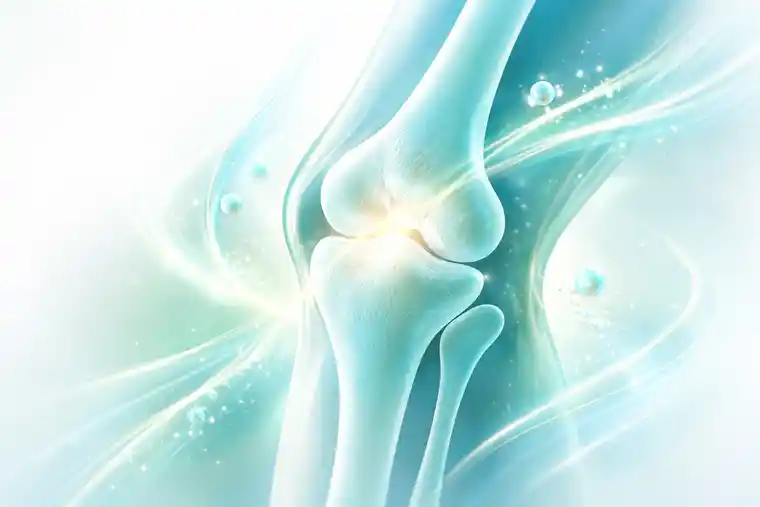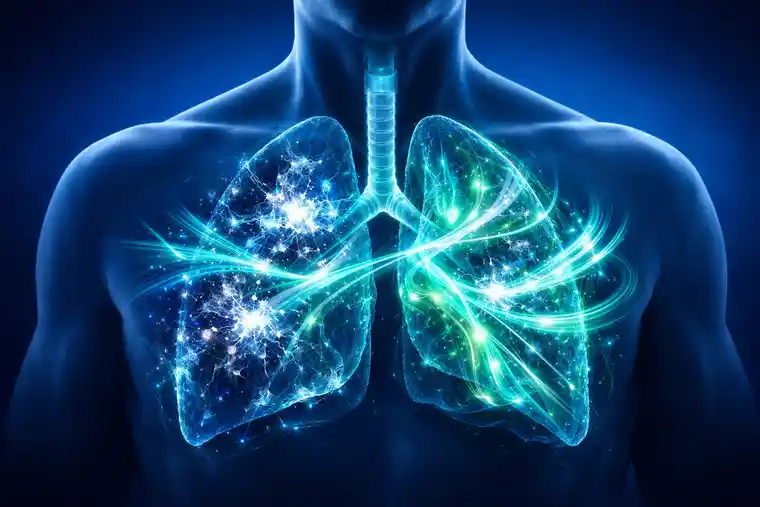Stomach Cancer Treatment in ISTANBUL, TURKEY | Best Clinics, Surgeons & Prices
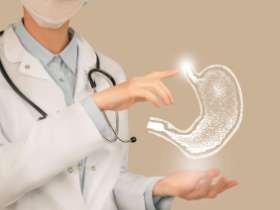
We’re here to assist you in selecting the most appropriate clinics for your stomach cancer treatment in Istanbul.
Most popular clinics for stomach cancer treatment in Istanbul
Choosing Istanbul for stomach cancer treatment offers many advantages.
The city is equipped with a range of hospitals and expert doctors providing high-quality healthcare services. It houses healthcare professionals specialized in cancer treatment and offers various treatment options.
Additionally, easy access to modern healthcare facilities using state-of-the-art medical equipment is available. Istanbul also enjoys a strategic location with convenient transportation, making it an ideal choice for international patients. Therefore, opting for Istanbul for stomach cancer treatment can provide access to quality healthcare services and a well-equipped medical infrastructure.
Read everything you need to know about stomach cancer treatment in Istanbul here. The most commonly used methods include surgery, chemotherapy, radiation therapy, and targeted therapies. These aim to control stomach cancer, shrink or destroy the tumor, and prevent the spread of the disease.
Let’s get started!
If you have any questions, just contact us and let us help you! We are looking forward to your call!
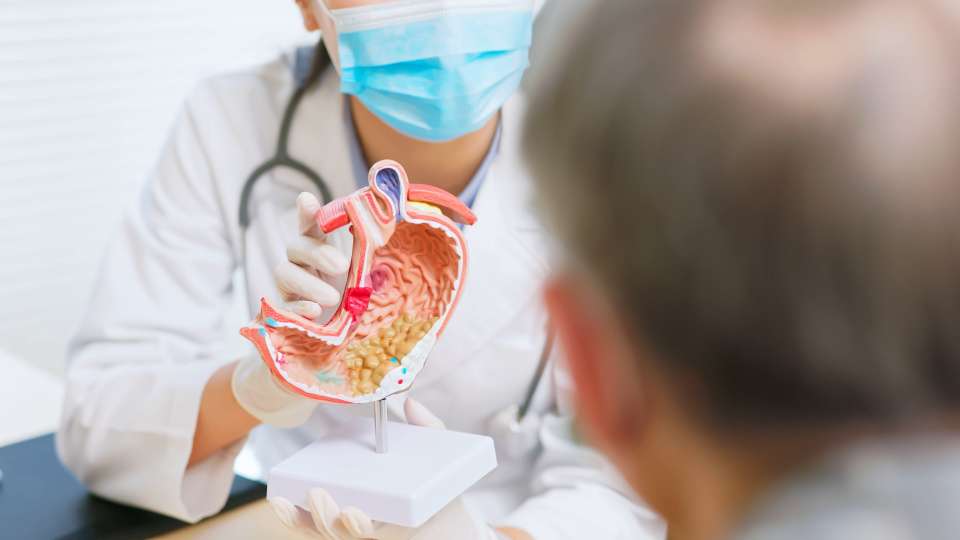
Table of Contents
So What Is Stomach Cancer
- Stomach cancer, also known as gastric cancer, is a type of cancer where the cells on the inner lining of the stomach grow abnormally and multiply.
- It affects the stomach, which is a part of the digestive system.
Treatment Plan
Diagnosis Stage
The doctor evaluates the patient’s overall health and focuses on stomach cancer symptoms.
Imaging tests are used to confirm the presence of cancer and determine its stage. They may include endoscopy, CT scans, and MRI.
Biopsy should be done. It involves taking a tissue sample from the stomach lining to confirm the presence of cancer. Biopsy results help identify the cancer type and its aggressiveness.
Staging
Based on the results of diagnostic tests, the stage of cancer is determined. Staging clarifies whether cancer is confined to a limited area or has spread to other parts of the body.
Treatment Plan
The stomach cancer treatment plan is developed based on the diagnosis and staging results and may include the following treatment options:
Surgery involves removing the cancerous tissue or part or all of the stomach. Depending on the stage and location, this procedure may be referred to as gastrectomy.
Chemotherapy uses drugs to kill cancer cells or slow down their growth. It can be administered before or after surgery to control or shrink the cancer.
Radiation Therapy targets and destroys cancer cells using high-energy beams. It is often used before or after surgery to treat stomach cancer.
Targeted Therapies specifically targeting cancer cells may be employed, aiming to target cancer cells more directly.

Stomach Cancer Treatment is performed as:
- Surgery
- Chemotherapy
- Radiation Therapy
- Targeted Therapies
- Immunotherapy
- Palliative Care
Stomach Cancer Treatment for:
- Those diagnosed with stomach cancer
- Individuals with confirmed cancer stages
- Individuals in Suitable Health for Treatment (In some cases, underlying health issues may limit treatment options or make your stomach cancer treatment more challenging.)
Stomach Cancer Treatment Duration:
- Surgery recovery period typically ranges from several weeks to several months.
- Chemotherapy treatment usually lasts for several months.
- Radiation Therapy typically spans a few weeks.
- Targeted Therapy duration can vary and may continue for an extended period depending on treatment response.
- Immunotherapy treatment can also extend over a long period, depending on treatment effectiveness.
Stomach Cancer Treatment Recovery Timeline:
- The recovery period after stomach cancer surgery typically ranges from several weeks to several months.
- The full recovery time for chemotherapy varies depending on the duration of treatment and side effects, but it can often span several months.
- The recovery time after radiation therapy depends on the treatment duration and individual responses, but it may last for several weeks.
- The recovery time for targeted therapies varies based on treatment response and can be extended as long as the treatment remains effective.
- Immunotherapy treatment may require an extended recovery time, depending on treatment response.
Possible Risks for Stomach Cancer Treatment:
- Surgical Risks
- Chemotherapy Side Effects
- Radiation Therapy Side Effects
- Targeted Therapy and Immunotherapy Side Effects
- Treatment-Related Complications
- Psychological and Emotional Effects
Aftercare & Healing Process
Aftercare
As MedClinics, we’re here after your stomach cancer treatment.
You can contact us anytime you want.
In addition, you should make sure to see your doctor regularly and attend follow-up appointments. These check-ups are important for keeping track of your health and making any necessary changes to your treatment plan.
Managing any side effects you experience after treatment is crucial for your comfort. Your doctor may suggest medications or other methods to help you with this.
It’s a good idea for you to aim for a healthy lifestyle, which includes regular exercise, eating balanced meals, and cutting down on smoking or drinking.
If you find it challenging to cope with the post-treatment period emotionally, don’t hesitate to seek psychological support. It can be a helpful resource for you to deal with emotional difficulties.
Healing Process
Physically, your body will recover as it rebuilds itself following surgery or treatment. This includes the healing of any surgical scars and a gradual increase in your energy levels.
You should pay attention to your diet and nutrition, making sure to maintain a healthy eating pattern and get the nutrients your body needs. Dietitians can offer guidance to help you with this.
Engaging in regular physical activity is part of the healing process and can help you regain your muscle strength.
Lean on your support system, including family, friends, and support groups. They can provide emotional and social support to aid in your recovery.
It’s important for you to keep up with post-treatment monitoring and regular doctor visits. This is essential for closely monitoring your health and catching any potential issues early to maintain your well-being.

FAQ
What are the advantages of stomach cancer treatment in Istanbul?
Stomach cancer treatment in Istanbul provides access to highly skilled specialists, advanced medical facilities, and a variety of treatment options. Istanbul’s status as a major transportation hub makes it easily accessible for patients. The city’s multicultural atmosphere and attractions offer a unique environment for healing.
Is stomach cancer treatment in Istanbul safe?
Stomach cancer treatment in Istanbul can be safe when performed in reputable healthcare facilities with experienced medical professionals. Istanbul has several well-established hospitals and clinics that adhere to international standards of safety and quality in healthcare.
How much does stomach cancer treatment cost in Istanbul?
Treatment costs for early-stage stomach cancer, which may involve surgery and follow-up care, can range from $5,000 to $15,000 or more. For more advanced stages that require a combination of surgery, chemotherapy, radiation therapy, and ongoing care, costs can range from $20,000 to $50,000 or higher.
Is cancer treatment good in Turkey?
Cancer treatment in Turkey is generally of good quality, with the country boasting experienced medical professionals, modern technology, and a multidisciplinary approach to care. Turkish healthcare facilities are well-equipped to diagnose and treat various types of cancer, often at a more affordable cost compared to Western countries.
What is stomach cancer, and what causes it?
Stomach cancer is a type of cancer where stomach cells grow abnormally and become uncontrolled. It can often result from various factors like Helicobacter pylori infection, smoking, excessive alcohol consumption, poor dietary habits, and genetic factors.
What are the symptoms of stomach cancer?
Symptoms of stomach cancer can include stomach pain, indigestion, loss of appetite, weight loss, nausea and vomiting, bloody stools, fatigue, and weakness.
How is stomach cancer diagnosed?
Diagnosis of stomach cancer can involve tests such as endoscopy (looking into the stomach), biopsy (taking a sample), X-ray images, CT scans, and blood tests.
How is stomach cancer treated?
Treatment options may include surgery, chemotherapy, radiation therapy, and targeted therapies.
How common is stomach cancer?
Stomach cancer is relatively common worldwide, but its prevalence can vary by geographical regions. It is often more common in areas like Asia, Central, and South America.
What are the risk factors for stomach cancer?
Risk factors for stomach cancer can include age, gender, smoking, excessive alcohol consumption, poor dietary habits, and a family history of the disease.
Get your free consultation
- Need guidance and reassurance?
- Talk to a real person from MedClinics!
- Let's find the perfect doctor together.
